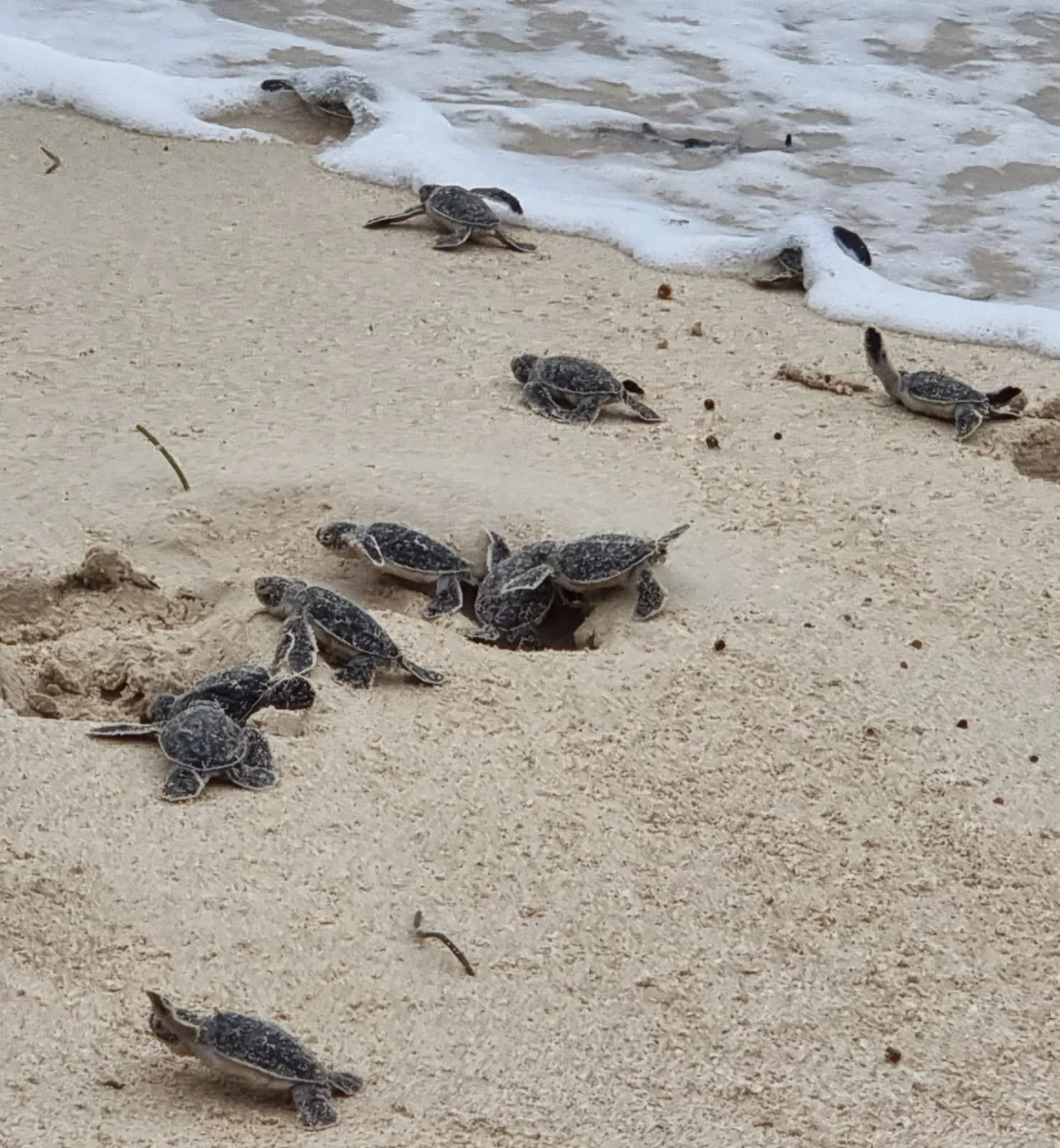
Conserving Mombasa’s natural beauty
Ecology & Economy
We believe that people will not conserve for tomorrow if they do not have food on their plates today. On that basis, we align economy with ecology, developing ways for people to generate an income while actively protecting nature.
With this in mind, we work with local communities educating them about sustainable land use and how it can be a viable source of income through initiatives such as - bee-keeping, tree planting, fish farming, integrated aquaculture systems and many other sustainable agriculture and wildlife conservation practices.
300+
Species of Bird
How we serve the community
-

WASH
Reliable access to water is the foundation for lifting communities out of poverty. At Nguuni, we support local communities to install WASH Infrastructure - Eco-Loos, Wells, Rain-Fed Dams & Rain-Water Capture - ensuring safe and consistent drinking water and clean sanitation throughout the year.
-

Sustainable Agriculture
At Nguuni, we champion sustainable land practices that restore soil health and strengthen local livelihoods. We actively promote and support climate-smart planting in every community we work with, helping to regenerate ecosystems and improve long-term resilience.
-

Plastic Pollution
We remain an advocate for the reuse and recycling of waste and we organise yearly beach clean-ups and marine conservation projects to address these issues. By involving school children and the wider community in these projects, we hope to inspire the next generation of environmental protectionists.
-

Marine Conservation
Since 1989, our Sea Turtle Conservation Programme has protected endangered turtles along Kenya’s North Coast. At our Bamburi Hatchery, eggs from vulnerable nesting sites are safely incubated and hatchlings released at high tide.
We monitor nesting activity with support from night rangers and work closely with local fishermen to track nests, rescues, and turtle mortality. All data is shared with the Kenya Wildlife Service to support national conservation efforts.
-

Human/Wildlife Conflict Management
We empower our neighbouring communities—especially schoolchildren—with knowledge about the importance of conserving nature and protecting biodiversity.
To inspire a deeper connection with the environment, we celebrate international wildlife days through educational sessions, guided sanctuary tours, and creative, hands-on activities that make learning about the natural world engaging and meaningful.
-

Tree Planting
We promote tree planting across all the communities we work with, helping to restore ecosystems and improve soil health.
Through hands-on training, we teach climate-smart planting techniques and emphasise the value of indigenous trees and crops in regenerating the land.
Trees not only enrich the environment—they also provide long-term benefits such as firewood, fruit, nuts, and a sustainable source of income.
